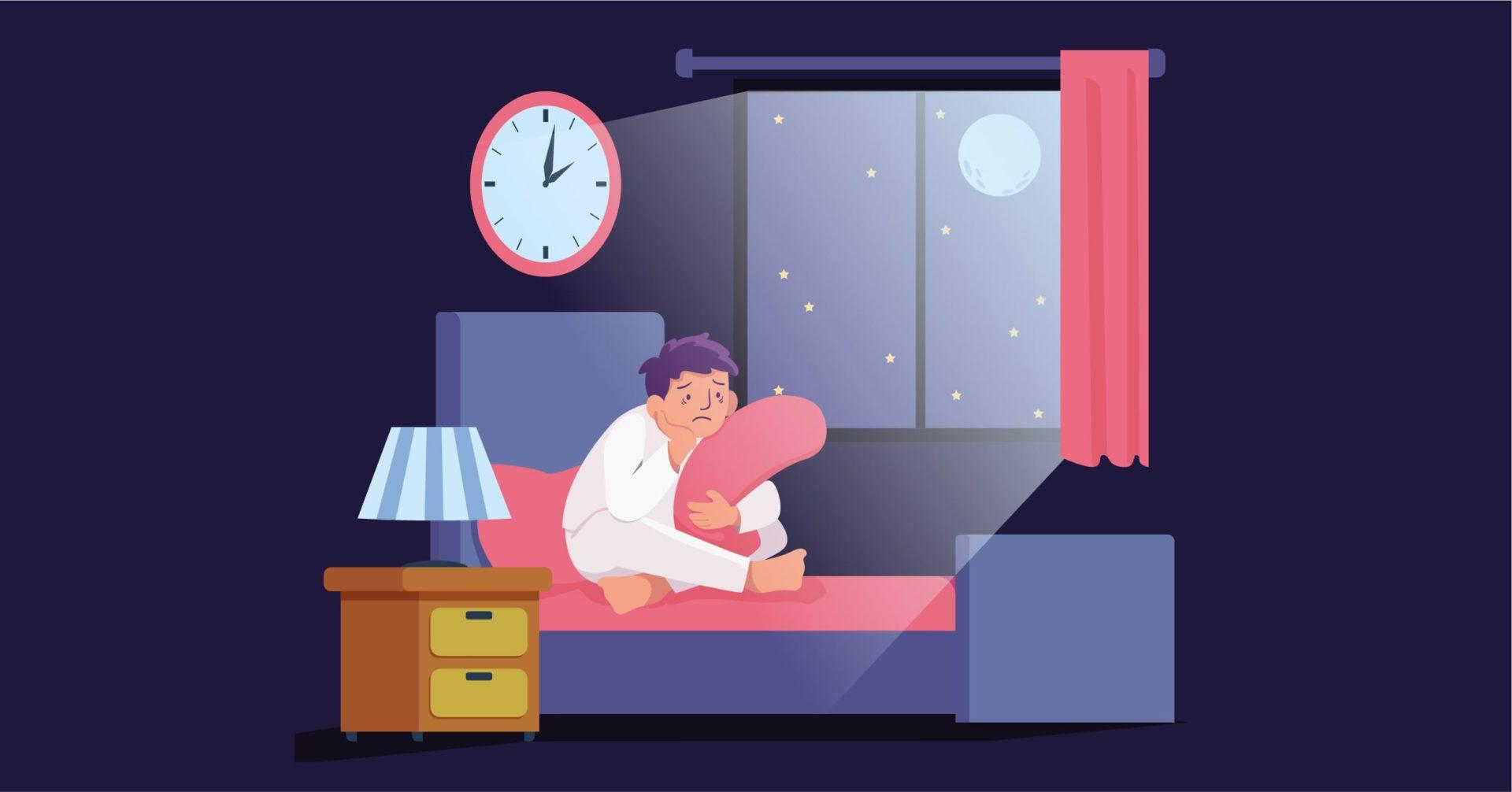Overview
Erectile Disorder is characterized by a difficulty in or an inability to obtain or maintain an erection during partnered sexual intercourse. This difficulty can be a cause of marked distress among individuals experiencing it, and also lead to interpersonal problems and an inability to maintain intimate relationships.
Erectile Disorder also affects fertility, and can bring about fear or apprehension leading to an avoidance of sexual activity.
Older age is often associated with the disorder, but it can occur regardless of age consideration. There may be multiple causative factors, including psychological and physical aetiologies. Cultural and attitudinal factors may also play a role.
While pharmacotherapy is largely considered to be effective in the treatment of Erectile Disorder, an integration of psychoeducation and intervention is recommended.
Signs and Symptoms
- Persistent inability to obtain an erection during sexual activity
- Persistent inability to maintain an erection until sexual activity is over
Risk Factors
While it is reported that most men regardless of factors such as age may sometimes experience difficulties in obtaining or being able to maintain an erection, the prevalence of lifelong Erectile Disorder is rare. Increase in age is strongly associated with the occurrence of Erectile Disorder.
Physical factors are largely attributed to the incidence of erectile dysfunction, with a strong causative factor being cardiovascular disease, as it leads to a decrease in blood flow, thus hindering the ability to obtain or maintain an erection.
Other diseases that involve similar risks, involving diabetes, high blood pressure, metabolic syndrome, and so on, also may be involved with the occurrence of the disorder.
Psychological, cognitive, and temperamental factors are also strongly involved in the presence of Erectile Disorder. Distractedness, anxiety, and negative thoughts are said to have an effect on incidence of the disorder.
Neuroticism is linked to the presence of the disorder in adolescents, while submissiveness is linked to its presence among men aged 40 and above.
Certain lifestyle factors, including consumption of tobacco and minimal or no physical exercise are also possible correlates for acquired Erectile Disorder.
Consumption of medication, such as SSRIs (Selective Serotonin Reuptake Inhibitors) has also been associated with erectile problems.
Diagnosis
On the basis of patient concerns and possible underlying health problems, the diagnostic process for Erectile Disorder can vary.
A physical exam is involved, and significant importance is given to the patient’s history as well as other contributing psychological and social factors, such as self-esteem, history of abuse, difficulties in understanding and expressing emotion, relationship or partner related factors, cultural factors, and so on.
On the basis of initial assessments, further laboratory and physical testing may be needed, inclusive of Doppler ultrasounds, thyroid tests, testosterone tests, diabetes tests, checking erectile tissue, as well as nocturnal penile activity testing to measure erectile turgidity to consider psychological causative factors. Mental health screenings may also be carried out if mood disorders such as depressive or anxiety disorders are suspected.
The diagnostic criteria mentioned in the DSM-5 are as follows:
At least one of the three following symptoms must be experienced on almost all or all occasions of sexual activity:
1. Marked difficulty in obtaining an erection during sexual activity.
2. Marked difficulty in maintaining an erection until the completion of sexual activity.
3. Marked decrease in erectile rigidity.
In order to warrant a diagnosis, the above mentioned symptoms are required to have been present for approximately 6 months, and must cause significant distress to the individual. Nonsexual mental disorders, severe relationship distress, other medical conditions, or the use of substance or medication should not be the cause of sexual dysfunction.
Depending on the presentation of the disorder, it may be specified as lifelong in the case of persistent occurrence since the commencement of sexual activity, or as acquired in the case of an occurrence after a period of relatively normal sexual functioning.
On the basis of context, the disorder may be specified as generalized or situational. Erectile Disorder can also be specified on the basis of severity, congruent to the amount of distress experienced.
Treatment
A combination of medical and psychological intervention is considered to be effective in the treatment of Erectile Disorder.
Pharmacological and physical treatment methods are widely available, including oral drugs that enhance the availability of nitric acid, a neurotransmitter that has to do with penile erection upon sexual arousal.
Additionally, antispasmodic or smooth muscle relaxant injections may be delivered into the erectile tissue. Vacuum pumps may also be used, which work by using a device to manually increase blood circulation in the penis. While not usually recommended, extreme cases may also involve surgical treatment through penis implants.
While medication is the mainstay in treatment of Erectile Disorder, there is growing consensus on the efficacy of an integration of psychosocial education and intervention along with pharmacology and medical screening.
The implementation of Cognitive Behavioral Therapy along with involvement of the partner in therapy and treatment is recommended. Psychoeducation and intervention is proposed to be effective when based on a framework of realistic expectations and normalizing sexual problems in order to reduce performance pressure.
Differential Diagnosis
1. Nonsexual mental disorder: Major depressive disorder and erectile disorder are closely associated, and erectile disorder accompanying severe depressive disorder may occur.
Normal erectile function: The differential should include consideration of normal erectile function in men with excessive expectations.
2. Substance/medication use: Another major differential diagnosis is whether the erectile problem is secondary to substance/medication use. An onset that coincides with the beginning of substance/medication use and that reduces with discontinuation of the substance/ medication or dose reduction suggests of a substance/medication-induced sexual dysfunction.
3. Other sexual dysfunctions: Erectile disorder may coexist with premature ejaculation and male hypoactive sexual desire disorder.
4. Another medical condition: The most difficult aspect of the differential diagnosis of erectile disorder is ruling out erectile problems that are fully explained by medical factors. Such cases would not receive a diagnosis of a mental disorder. The distinction between erectile disorder as a mental disorder and erectile dysfunction as the result of another medical condition is usually unclear.
Comorbidity
Erectile disorder can be comorbid with other sexual diagnoses, such as premature ejaculation and male hypoactive sexual desire disorder, as well as with anxiety and depressive disorders.
Erectile disorder may be comorbid with medical conditions like dyslipidemia, cardiovascular disease, hypogonadism, multiple sclerosis, diabetes mellitus, and other diseases that interfere with the vascular, neurological, or endocrine function necessary for normal erectile function.
Specialists
A primary physician will be able to provide a diagnosis upon physical assessment, and may carry out other tests to rule out comorbidities or underlying physical conditions. Depending on the severity and presentation of the disorder, various laboratory tests and psychological screenings may be carried out.
Integrative treatment approaches emphasize the combined efforts of sex therapists and sexologists in providing information and education along with medical practitioners.
In Consultation
It’s not always a reason for alarm to experience occasional erection problems. However, if erectile dysfunction persists, it may stress you out, undermine your confidence, and complicate your relationships.
Erectile dysfunction can occasionally be brought on by a confluence of psychological and physical problems. With the help of therapy, it is possible to get to the roots of erectile disorder. In many cases, stress, anxiety, and depression could also be contributing factors to this condition.
If not addressed at an early stage, erectile Disorder can cause irreparable problems in relationships, and harm self-esteem.
Consult our professional therapist and get to the roots of the issues.
Book your session with us today.





